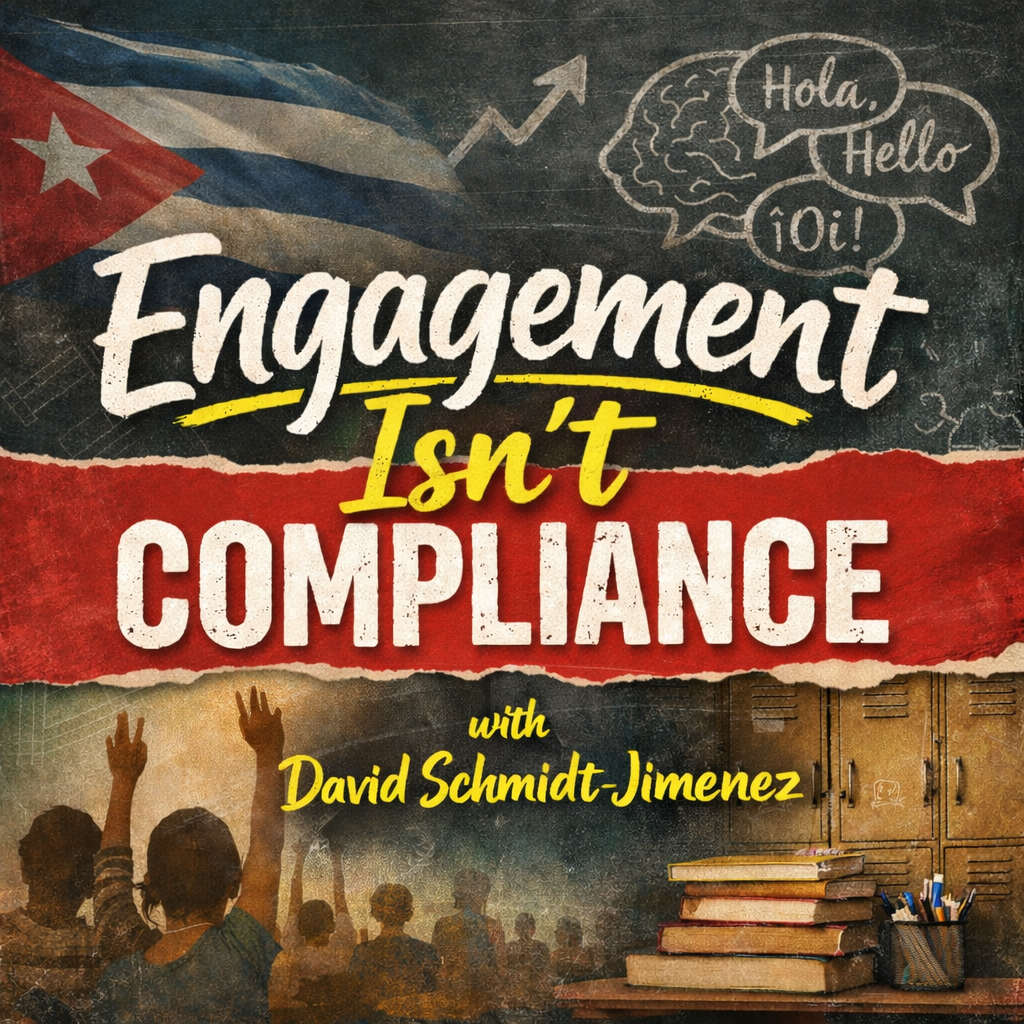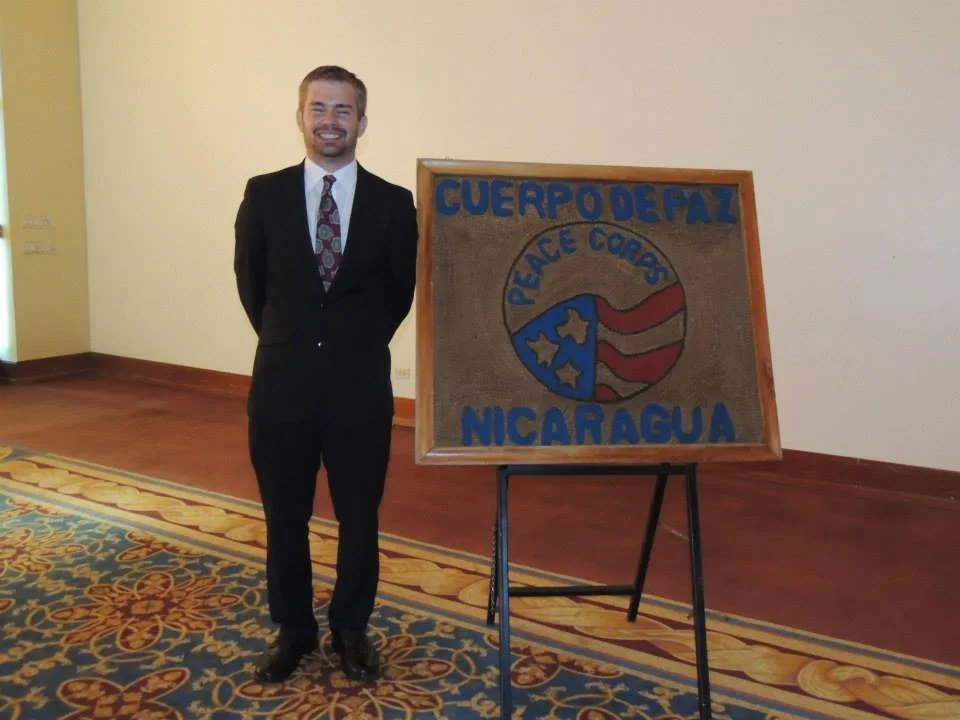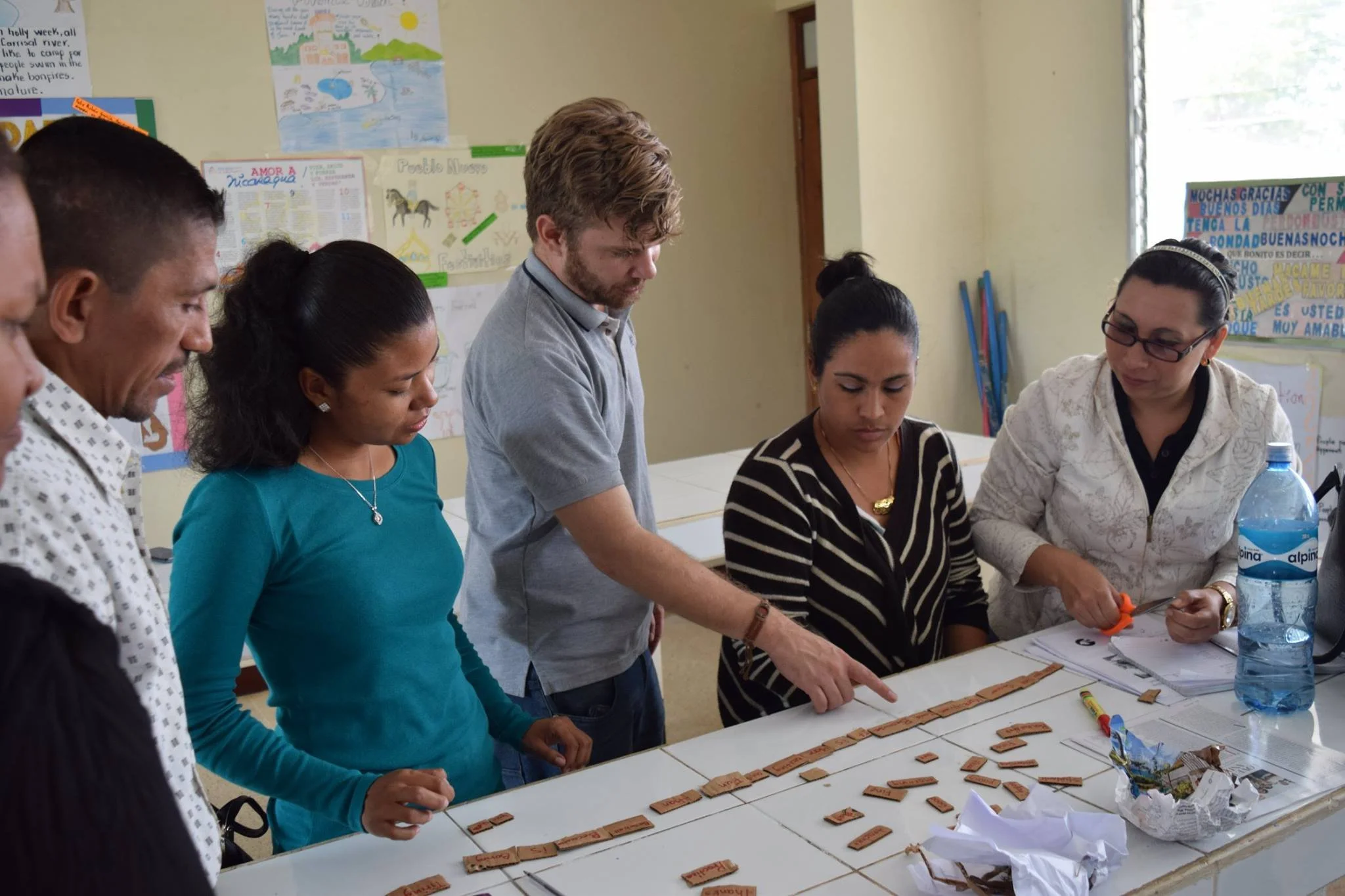Self-Determined Baltimore: Engagement Isn’t Compliance
Self-Determined Baltimore exists to help home schooling families, educators and schools rethink what engagement, rigor, and success actually mean for multilingual and neurodivergent students—especially those living in poverty.
Too often, schools rely on compliance-based systems that reward silence, obedience, and sameness while labeling difference as deficit. These systems disproportionately harm multilingual learners, disabled students, and students navigating economic instability.
This work is about changing that and supporting families who choose to go with alternative forms of education like homeschooling pods when they’ve decided that they are done negotiating with public education around the needs of their children.
About Me
I’m David Schmidt-Jimenez, a late-diagnosed autistic, Cuban-American educator, ESOL teacher, and teacher trainer based in Baltimore.
My path through education was nonlinear. I was labeled “gifted” while struggling to function in systems that prioritized compliance over understanding. I took seven years to complete my undergraduate degree, taught English internationally through the Peace Corps, and later returned to U.S. classrooms to work with multilingual learners in under-resourced settings.
Since my return to Baltimore and employment with Baltimore City Public Schools, I have served in the roles of English Language Development / ESOL Content Specialist for Teach for America and as a Professional Learning Facilitator and Designer for Baltimore City Public Schools. I also led professional learning on Self-Determination Theory for Multilingual Learners this summer for the Maryland State Department of Education.
That lived experience—combined with years of classroom practice and teacher training—shapes everything I do.
I don’t believe engagement is about control.
I believe it’s about autonomy, dignity, and meaningful participation.
What Guides My Work
My approach is grounded in:
Self-Determination Theory (autonomy, competence, belonging)
Asset-based approaches to multilingualism and disability
Practical, classroom-tested instructional design
Systems-level thinking that looks beyond individual teachers or students
I work at the intersection of research, lived experience, and real classrooms—not slogans or performative equity work.
What I Do
Through Self-Determined Baltimore, I partner with:
Schools and districts
ESOL and multilingual learner departments
Educators and instructional leaders
Community-based education organizations
I offer:
Professional learning and teacher training
Consulting and coaching for schools and departments
Workshops and learning series focused on engagement beyond compliance
This work is collaborative, reflective, and grounded in the realities educators face every day.
Who This Work Is For
This work is for educators and organizations who:
Serve multilingual and neurodivergent students
Want to move beyond behaviorist or deficit-based approaches
Are ready to examine systems—not just individual classrooms
Believe rigor and humanity are not opposites
It may not be a fit for those seeking quick fixes, scripted programs, or compliance-driven solutions.
Why “Self-Determined Baltimore”
Self-Determined Baltimore is both local and aspirational.
It reflects a commitment to:
Student autonomy
Teacher professionalism
Community-rooted education
Dignity-centered learning
While the work began in Baltimore, the values travel anywhere educators are ready to ask harder questions—and do better by their students.
Let’s Work Together
If you’re interested in professional learning, consulting, or collaboration, I’d love to connect.
You can reach me at:
Contact us
Interested in working together? Fill out some info and we will be in touch shortly. We can’t wait to hear from you!




